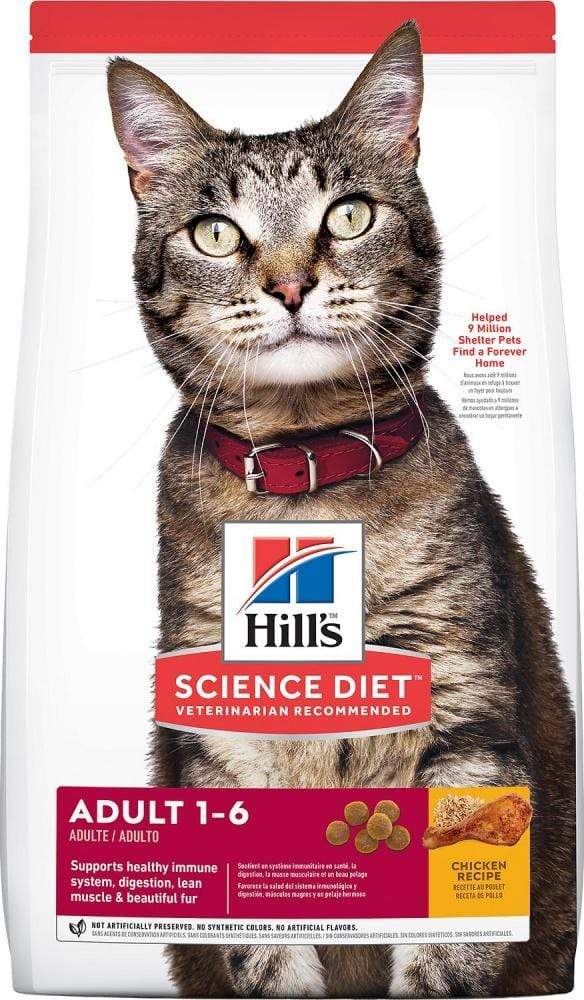Smart Guide to Sour Cream Nutrition Facts for 2025
Sour cream is a popular dairy product known for its creamy texture and tangy flavor. It is commonly used in various cuisines, adding richness to dishes and a unique taste. Understanding the nutrition facts of sour cream is crucial for making informed dietary choices.
This guide explores sour cream nutrition facts, including its calorie content, protein, fat, carbohydrates, health benefits, and more. We'll discuss portion sizes, compare sour cream with yogurt, and provide recipes alongside tips for its use and storage. Whether you are considering incorporating it into a healthy diet or searching for alternatives, this guide will equip you with essential knowledge about sour cream in 2025.
Key takeaways include the nutritional value, health implications, and culinary uses of sour cream, as well as comparisons with dairy alternatives. Let's dive deeper into this versatile dairy product!
Understanding Sour Cream Nutrition Facts
Sour Cream Caloric Breakdown
Sour cream typically contains around 20 calories per tablespoon. The calorie count might be higher or lower depending on whether it's full-fat, low-fat, or fat-free. Low-calorie sour cream options are available, which are made with reduced fat content, offering around 10 calories per serving. It's essential to check labels to understand the caloric intake.
When assessing sour cream calories, it's helpful to consider portion sizes as well. Standard serving size typically suggested is 2 tablespoons, which translates to about 40 calories for regular sour cream.
Analyzing Protein, Fat, and Carbohydrates
The protein content in sour cream is relatively low, averaging about 1 gram per tablespoon. Full-fat sour cream contains about 5 grams of fat per serving, while low-fat varieties have significantly less. Carbohydrates in sour cream are minimal, generally around 1 gram per tablespoon. This nutrient breakdown makes sour cream a low-carb option, particularly appealing in low-carb diets.
It’s essential to take these factors into account when planning meals, especially if following a specific dietary regimen.
Sour Cream Vitamins and Minerals
Despite its popularity, sour cream is often overlooked in terms of nutrition. However, it does contain valuable nutrients including vitamins A and B12, calcium, and phosphorus, contributing to essential dietary needs. Calcium from sour cream plays a vital role in bone health, while vitamin B12 is crucial for energy production.
Furthermore, sour cream also contains beneficial probiotics, which are associated with gut health. Understanding these vitamins and minerals can help you appreciate sour cream's role in a balanced diet.
Health Benefits of Sour Cream
The Benefits of Incorporating Sour Cream
There are numerous benefits to adding sour cream to your diet. It enhances the flavor of various dishes, making meals more enjoyable. Sour cream is also a significant source of calcium which supports strong bones, and the probiotics present can help in maintaining gut health.
Moreover, sour cream is often used in sauces and dressings, allowing for lower-calorie alternatives that don’t compromise taste. Using sour cream can effectively reduce overall fat content in recipes while enhancing flavor and texture.
Comparing Sour Cream vs. Yogurt
The ongoing debate between sour cream and yogurt centers around texture and nutritional content. While both products have similar dairy origins, sour cream tends to be richer and thicker. Yogurt may offer higher protein content, especially in Greek varieties, but sour cream provides a creamier texture ideal for specific cooking techniques.
Choosing between sour cream and yogurt ultimately depends on the intended use and personal nutritional needs. While yogurt can provide more probiotics, sour cream contributes a wonderful creamy addition to dishes.
Nutritional Comparison with Other Dairy Products
Sour cream stands out when compared to other dairy products like cream cheese, which usually has a higher fat content. Moreover, sour cream typically contains fewer calories than mayonnaise, making it a better choice for dips and dressings. It’s essential to make these comparisons when considering the best alternative for recipes and meal planning.
Culinary Uses of Sour Cream
Incorporating Sour Cream in Cooking and Baking
Sour cream is incredibly versatile and can be utilized in both savory and sweet recipes. It can be a delightful ingredient in various dishes, from creamy pasta sauces to flavorful cakes and muffins. Using sour cream in baking can add moisture and extend shelf life, improving texture and flavor.
In savory dishes, it can enhance sauces and give depth to soups. Incorporating sour cream lends richness to your meals while providing health benefits at the same time.
Examples of Sour Cream Recipes
Looking for inspiration? Sour cream can be used in countless recipes, including creamy dips, fluffy baked goods, and salads. For example, a simple sour cream dip made with herbs and spices pairs well with fresh vegetables, while sour cream can also lighten up a rich potato soup.
Consider using sour cream in traditional dishes such as stroganoff or as a topping for baked potatoes. Recipes with sour cream often benefit from its tangy flavor, complementing other ingredients beautifully.
Storage and Serving Tips for Sour Cream
Proper Sour Cream Storage
To maintain the freshness of sour cream, proper storage is essential. It should be kept in the refrigerator, tightly sealed to prevent contamination. Typically, store-bought sour cream can last up to two weeks after opening, but this may vary. Homemade sour cream has a shorter lifespan and should be consumed within a week.
Always check for signs of spoilage, such as off smells or mold, which can occur with improper storage.
Sour Cream Serving Suggestions
When serving sour cream, consider portion sizes that align with dietary guidelines, usually about 2 tablespoons per serving. It can be served as a condiment with tacos, baked potatoes, and nachos or used to create creamy dressings for salads. The adaptability of sour cream allows it to fit seamlessly into a wide variety of culinary traditions.
Potential Health Risks and Considerations
Sour Cream Health Risks
While sour cream has numerous benefits, it's not without potential health risks. Its fat content can be a concern for those monitoring cholesterol levels, so it's advised to opt for low-fat varieties if necessary. Additionally, individuals with lactose intolerance may experience digestive discomfort, although some find that the fermentation process mitigates these effects.
Sour Cream and Weight Management
Including sour cream in your diet can also support weight management as it's a low-carb option. However, it’s important to consume it mindfully within a balanced diet. When paired with healthy ingredients such as vegetables or whole grains, sour cream can enhance flavor without excessive calorie intake.
General Guidelines for Sour Cream Consumption
To safely include sour cream in your diet, focus on moderation. Incorporating it into meals thoughtfully can yield its nutritional benefits without overdoing calories or fats. Considering alternatives such as yogurt or low-fat varieties can help balance intake while still enjoying its beloved creaminess.
Conclusion: Navigating Sour Cream for a Healthier Lifestyle
Understanding sour cream nutrition facts empowers consumers to make educated decisions. Whether you’re using it in cooking, baking, or as a topping, sour cream can be a beneficial part of a balanced diet. By exploring its health benefits, culinary uses, and storage tips, you can enjoy sour cream while maintaining your wellness goals.
As with any food, moderation and mindful consumption are key. Get creative with your sour cream usage in the kitchen, and don’t forget to consider alternatives and substitutions when necessary. Embrace the versatility of sour cream today!


